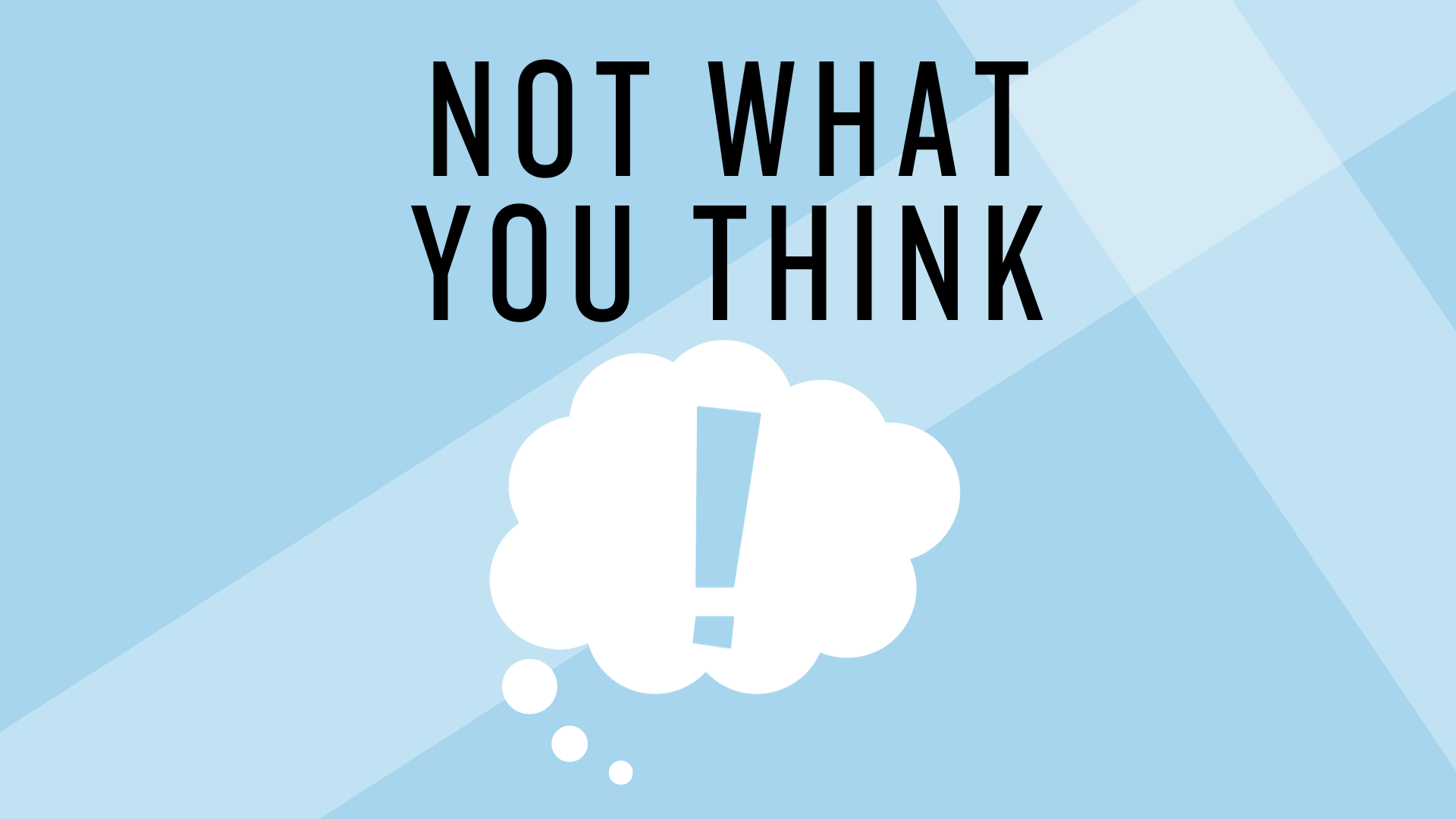What is Prophecy? Pt. 2

Scroll down to the bottom to listen along.
Remember to download today's worksheet by clicking below.
Main Question for today...
Is Prophecy what we think it is?
Consider this...
Let’s talk about what the Bible says about the role of prophets and how they function within the Bible stories and as books themselves.
Let’s first talk about who prophets are and what they do
Many prophets often come from the “outside.” In that, they:
Don’t have any skin in the game,
They can give unbiased messages of truth
They are often rejected because they are not part of the “in” crowd or because they don’t cater to the will of the King.
Examples include:
Amos 7:14-15 He was a shepherd
Elisha in 1 Kings 19:19 He was a farmer plowing his field
Daniel 1:3-4 He was an exiled Israelite.
Ahijah in 1 Kings 11:26-31 His background is unknown
Jehu in 1 Kings 16:1-7 His background is unknown
The unnamed prophet from Judah against Jeroboam in 1 Kings 13:1-10
What do prophets do?
Last week we mentioned that they 1) Speak to power; 2) Advocate for the poor and needy; 3) Speak truth. Here are some other functions that expand on these things.
Remind us of our past (both good and bad)
Speak against empty worship
Advocate for the working class
Seek Justice and what is right
Take tremendous personal risk
As we cover these passages, pay special attention to why the prophets are saying the things they are saying. The statements they are making are for correction or judgment which are then followed by predictive punishments as a result of that judgment.
Yes, many of these statements are “predictive” prophecies, but the function is not to tell the future, but rather to bring correction for bad decisions and unfaithfulness, teaching of what to do, and punish those whose hearts are hard and resistant to God’s prophetic message.
It’s not future telling for the sake of future telling. The predictive events are a direct result of the kings’ poor decisions.
Consider this question as you read through the following passages:
What is the role of this prophetic message?
1 Sam. 15:17-23: Saul’s Empty Worship
2 Sam 12:1-10: Nathan rebukes David
1 Kings 11:29-33: Ahijah talks with Jeroboam about the Kingdom dividing
1 Kings 13:1-5: the Unnamed prophet chastises Jeroboam
(Read the rest of this chapter to learn how this prophet himself was later punished for disobeying God)
Take away
How has this conversation changed your perspectives on prophets and prophecies in general?
How have these points created a deeper appreciation for the role of prophets in the Bible?
Next week, we'll cover more examples of prophets with the history of Israel as we continue exploring the prophetic function of the messages they gave.
